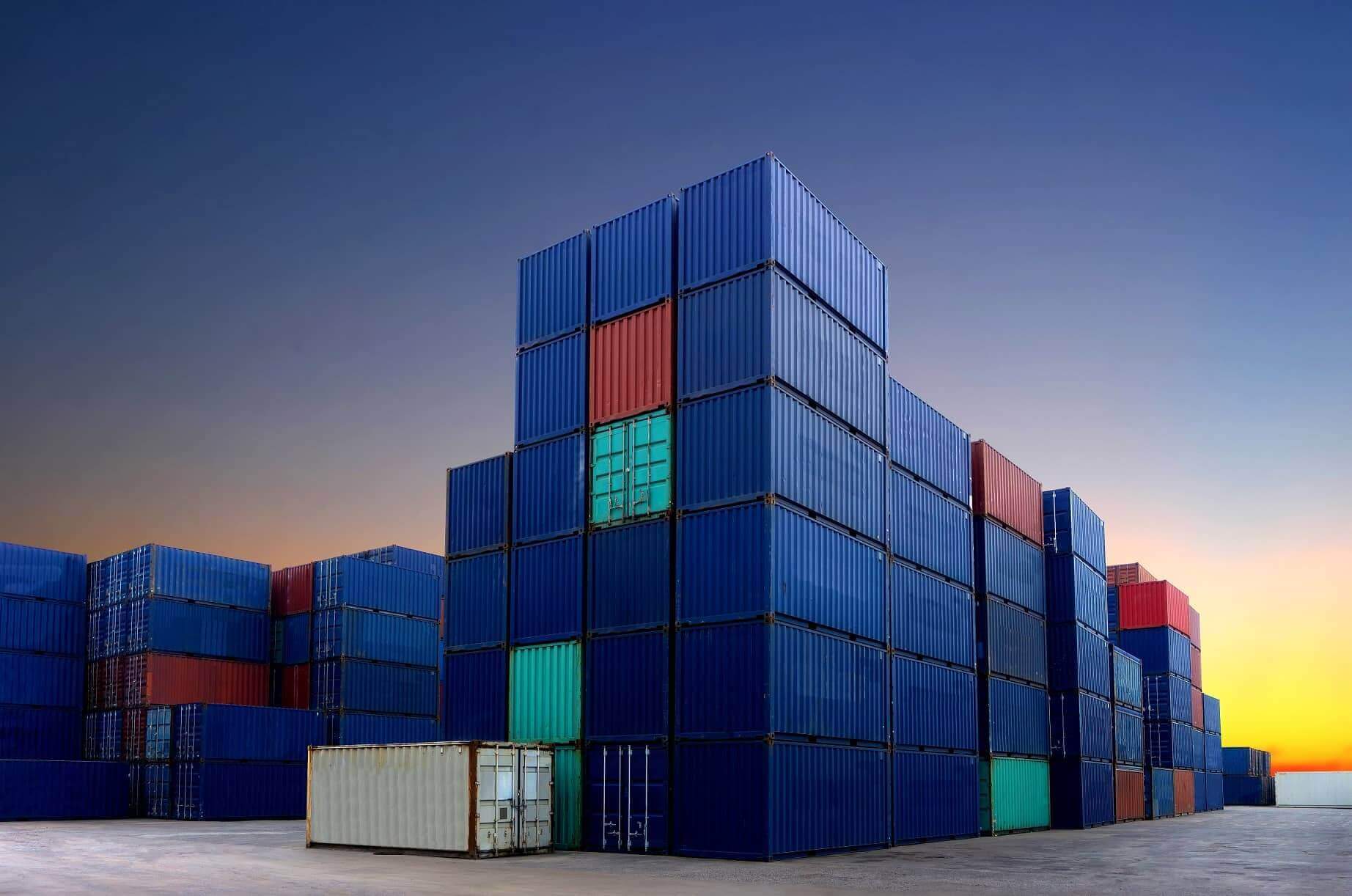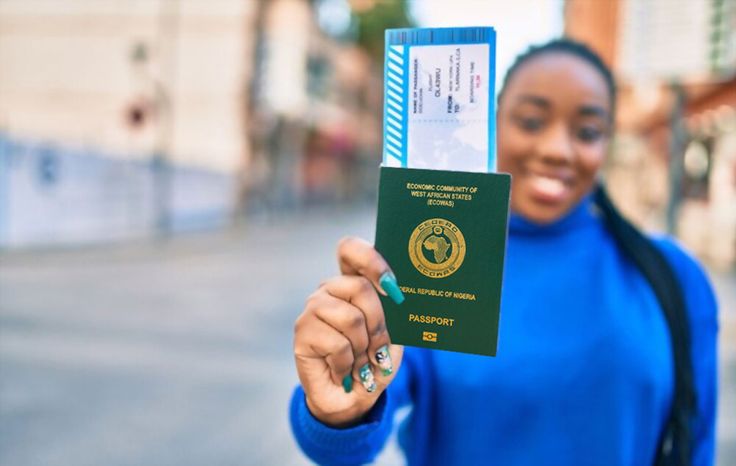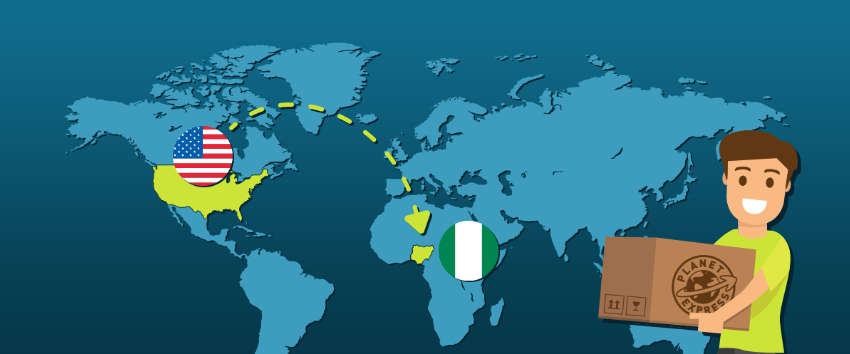When shipping items from the UK to Nigeria via express services, one of the most misunderstood aspects is navigating customs. Whether you’re sending personal effects, electronics, clothing, or business inventory, Nigerian customs regulations can make or break your delivery experience. Understanding how customs work and how to prepare properly can help you avoid costly delays or confiscated goods.
Why Customs Clearance Matters
Customs clearance is the process by which goods entering a country are inspected and approved by government authorities. In Nigeria, the Nigeria Customs Service (NCS) oversees this process. Express delivery services often expedite the shipping time, but customs clearance is a mandatory step that can still take time if you’re not prepared.
Poor documentation, undervalued goods, or restricted items can all cause issues at this stage. That’s why working with a trusted logistics partner like County Cargo is crucial—they help you prepare all necessary documents in advance to ensure smooth clearance.
Documents Required for Customs Clearance
To avoid hiccups, make sure you or your courier company provides:
- Commercial Invoice or Proforma Invoice
- Packing List
- Air Waybill (AWB)
- Form M (for commercial imports)
- Import Duty Payment Receipts (when applicable)
Missing or incomplete documents can lead to fines or delivery delays. County Cargo helps clients review and prepare these documents as part of their service.
Common Restricted or Prohibited Items
Nigeria has specific restrictions on what can be imported. Here are some items you should be cautious about:
- Firearms or ammunition
- Medications not approved by NAFDAC
- Pornographic material
- Counterfeit goods
- Some food items (depending on quantity and type)
Always consult with your courier service before shipping.
Customs Duties and Taxes
Import duties in Nigeria can range between 5% and 35% of the item’s value, depending on the classification under the Harmonized System (HS) codes. Some goods may also be subject to VAT, excise duties, or other charges.
Keep in mind:
- Gift items and personal effects may still be taxed.
- Customs has the right to assess the value independently.
- Declaring a low value on your invoice can result in seizure or fines.
Tips to Get Through Customs Smoothly
- Use a reputable express shipping company like County Cargo
- Be honest and accurate in your item description
- Provide complete and correct paperwork
- Track your shipment and follow up on customs status
- Be ready to pay duties if required
Express shipping can get your item to Nigeria in 3–5 working days, but customs delays can add unexpected time. That’s why it’s important to work with a logistics partner experienced in Nigerian shipping protocols.
FAQ: Customs for Express Shipping to Nigeria
Q: How long does customs clearance take in Nigeria?
A: It typically takes 1–3 days, but can be longer depending on the item, documentation, and volume at the port.
Q: Can personal items be taxed?
A: Yes, depending on their value and classification.
Q: Who pays the customs duties?
A: Typically, the recipient in Nigeria is responsible unless prepaid by the sender.
Q: What happens if my item is seized?
A: The recipient will be notified. It may be returned or destroyed, depending on the reason for seizure.
Q: Can County Cargo help with customs clearance?
A: Absolutely. County Cargo handles documentation, advises on regulations, and helps ensure fast and smooth customs clearance.








